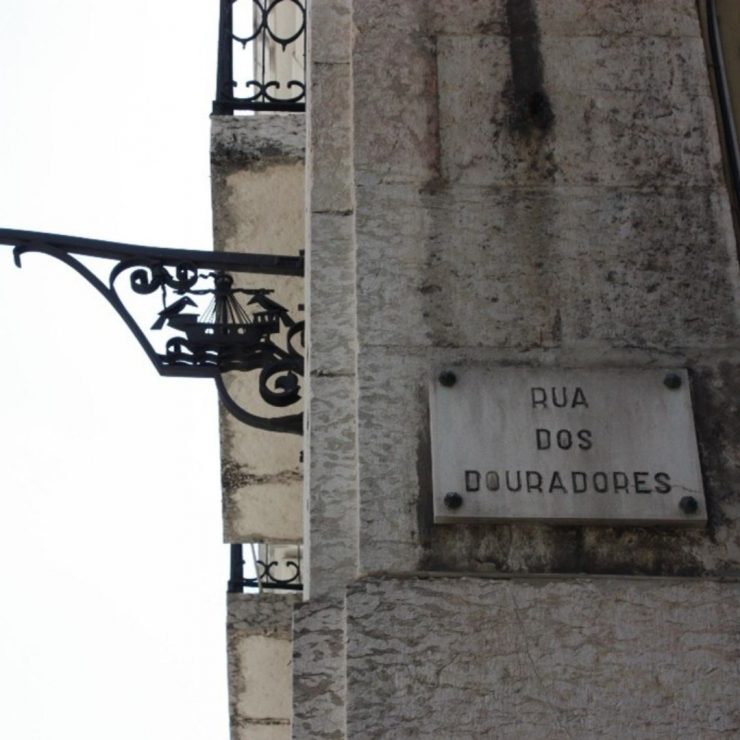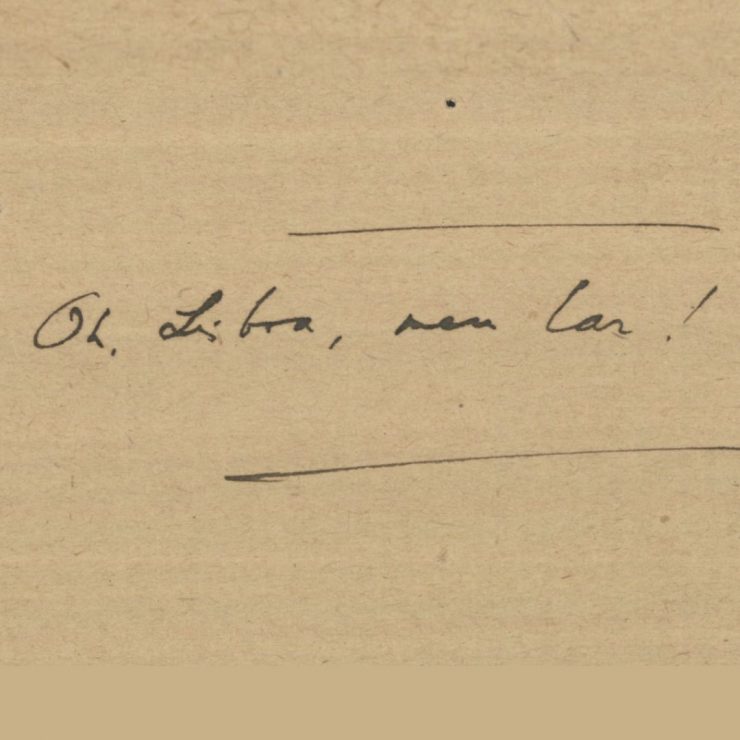Here we propose a reading of five poems by Fernando Pessoa, namely by his heteronym Ricardo Reis, which the Portuguese author published during his lifetime (1888-1935). This is what Pessoa wrote in 1935 (in a letter to Casais Monteiro) about this heteronym, who made its public debut in 1924:
“I put all my mental discipline into Ricardo Reis, dressed in his own music”; “Ricardo Reis was born in 1887 (I can’t remember the day and month, but I have them somewhere), in Porto, he’s a doctor”; “educated at a Jesuit school, he is, as I said, a doctor; he has lived in Brazil since 1919, as he spontaneously expatriated because he was a monarchist”.
This is a neo-pagan heteronym, inspired by the literature and mythology of the ancient Greeks and Latins. Novelist José Saramago, who won the Nobel Prize, dedicated his novel The Year of the Death of Ricardo Reis (1984) to him. In this book, Saramago mentions Rua Oliveira ao Carmo, where Pessoa had his Orpheu magazine printed (1915) and where, since 2017, the Lisboa Pessoa Hotel has been located.
Here you’ll find the first and last poems Pessoa published as Ricardo Reis, including the “Ode” which contains the famous lines “To be great, be whole: Of what is yours /nothing exaggerate or exclude.”
We have published the texts as well as the image of the original publication, in chronological order of publication with bibliographical data for each poem. The spelling has been updated.
Good reading!
«Odes – First Book (I, II, III)» (1924)
Steadfast on the firm column
Of the verses in which I remain,
I fear neither the multiple future influx
Of times nor of oblivion;
For when the mind, fixated, contemplates
The reflections of the world,
Enformed to its image and the world
Creates art, not the mind.
Thus on the plaque the external instant
Engraves its being, lingering in it.
***
Of the gardens of Adonis, Lydia, I love
Most of all those fugitive roses
That on the day they are born,
That very day, must also die.
Eternal, for them, the light of day:
They’re born when the sun is already high
And die before Apollo’s course
Across the visible sky is run.
We too, of our lives, must make one day:
We never know, my Lydia, nor want
To know of nights before or after
The little while that we may last.
***
Here lies the sea; winds moan secretly,
Captives of Aeolus;
Only with the tip of his trident, the vast
Waters does Neptune undulate;
And the alabaster beach is quietly
Glistening under the clear sun.
Uselessly we seem great.
Nothing, in the outside world,
Seems grand to our eyes
Or has a purpose that serves us.
If here with a meek sea my ploughed mark
Is erased by three waves,
What shall the sea do to me in the fateful beach
That echoes from Saturn?
(Athena, 1, October, 1924, p. 19)
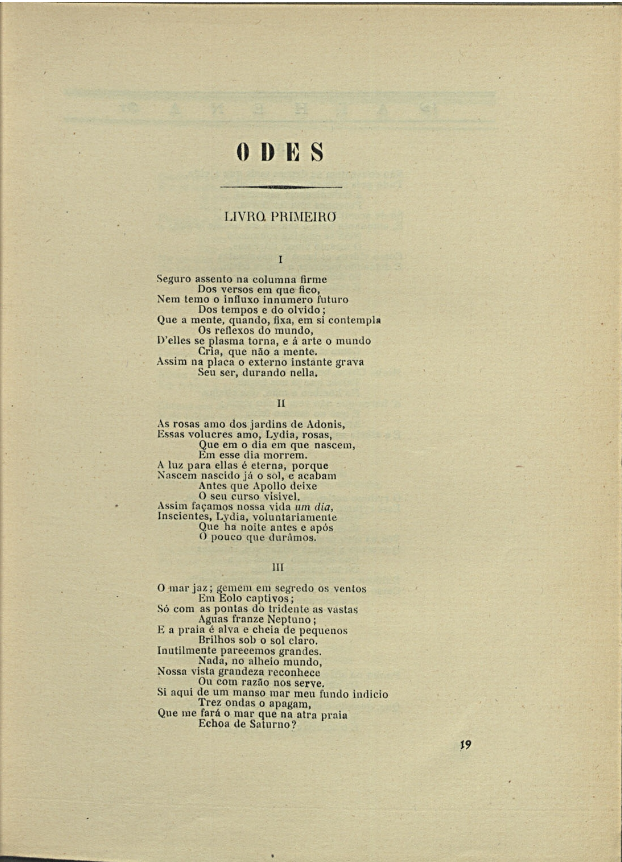
«Two Odes» (1931)
When, Lydia, our autumn arrives
With the winter it harbors, let’s reserve
A thought, not for the future spring,
Which belongs to others,
Nor for the summer, whose deceased we are,
But for what remains of what is passing:
The present yellow that the leaves live
And that makes them different.
***
Tenuous, as if forgotten by Aeolus,
The morning breeze tickles the field
And the sun rises.
We mustn’t wish, Lídia, at this hour,
More sun that her nor a stronger breeze
Than the one that is puny and exists.
(Presença, 31-32, March — June 1931, p. 10)
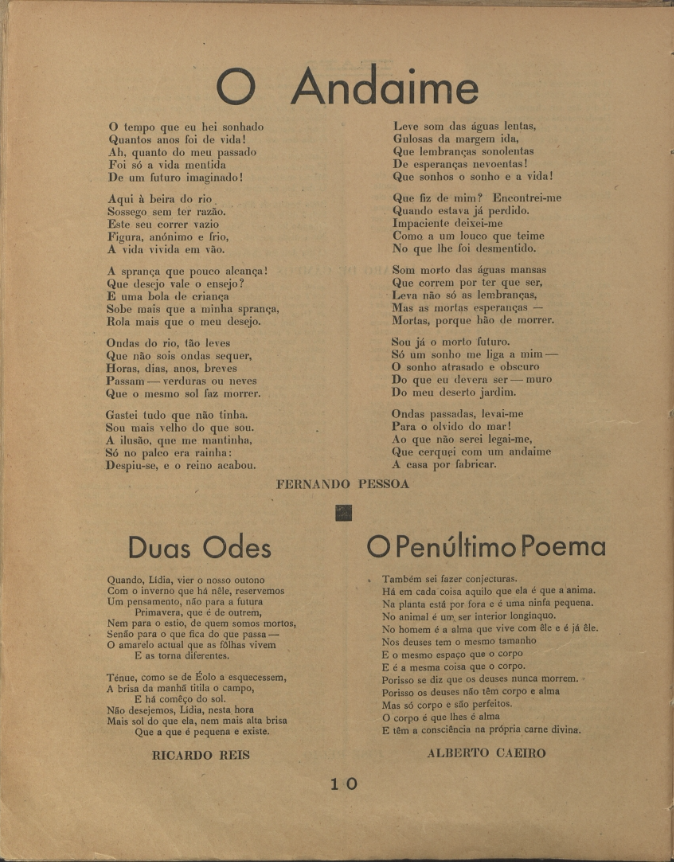
«Ode» (1933)
To be great, be whole: Of what is yours
Nothing exaggerate or exclude.
In each thing, be all. Give all you are
In the least you ever do.
The whole moon, because it rides so high,
Is reflected in each pool.
(Presença, 37, February 1933, p. 8)
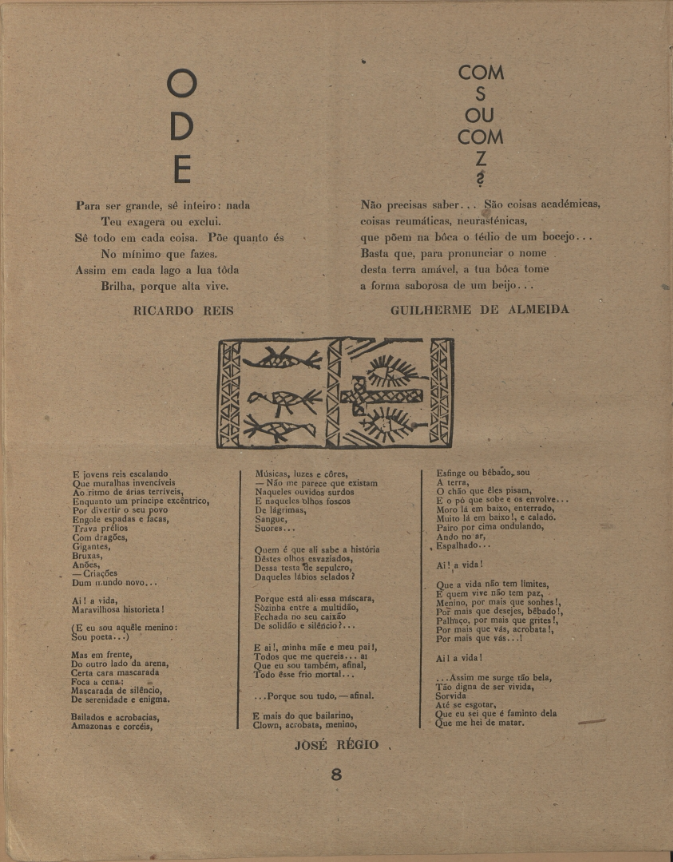
Introductory note and selection by Fabrizio Boscaglia.
_
Discover Lisbon & Pessoa, from Lisboa Pessoa Hotel.


